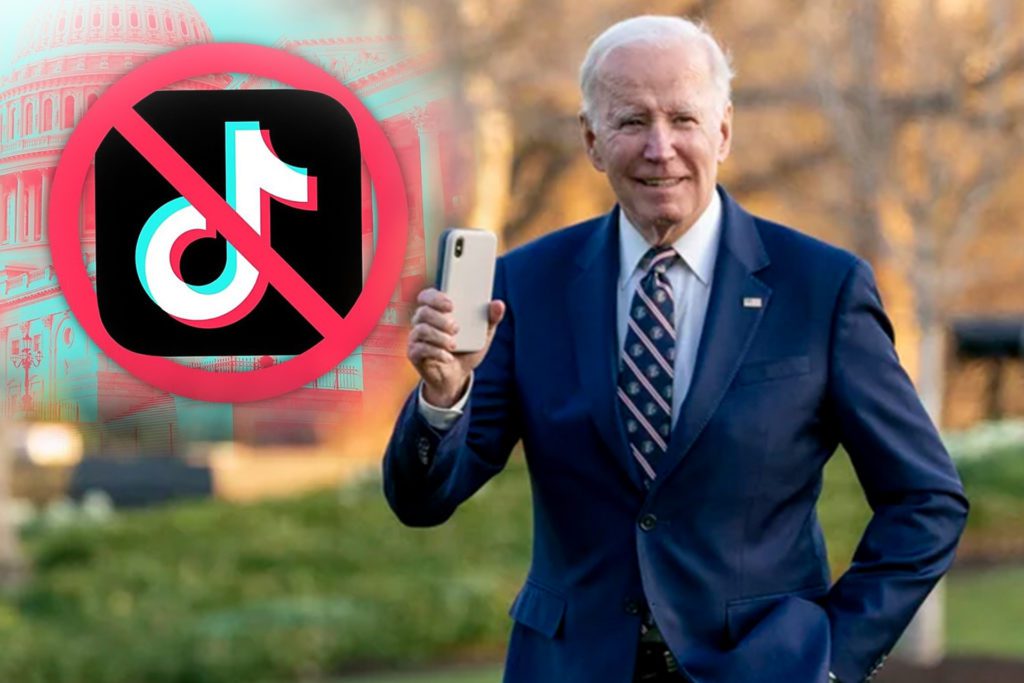Political landscape is difficult to understand because of its complex nature and constantly shifting ways. In the digital age, it has become all the more dynamic because of the use of social media platforms for campaigning or for leader to connect with younger generation. It has become one of the easiest way to put oneself out there. However, amidst this digital revolution lies a paradox – while social media is a great way to increase reach, it has its own set of concerns. The paradox is visible the case of President Joe Biden who embraces TikTok for his campaign efforts, despite his administration’s push to ban the popular app over national security concerns.

Biden’s TikTok Conundrum
President Biden’s entry into the world of TikTok, a platform predominantly used by younger generations, marked a strategic move to engage with potential voters. His playful debut video aimed to connect with the platform’s vast user base and counter conspiracy theories, demonstrating a willingness to meet voters where they are.
The TikTok Ban Proposal
Simultaneously, Biden’s administration has been spearheading efforts to force China’s ByteDance company to divest TikTok, citing national security risks. The proposed legislation, if passed, would mandate ByteDance to sell TikTok within a strict timeframe or face severe consequences, effectively banning the app in the US.
Trump’s Role and Changing Stance
Former President Donald Trump, known for his initial attempts to ban TikTok during his tenure, has surprisingly emerged as a critic of the proposed ban under Biden’s administration. Trump’s objections raise questions about the political motivations behind the TikTok ban and its potential impact on the broader social media landscape.
National Security Concerns vs. Campaign Strategy
The juxtaposition of Biden’s campaign strategy and his administration’s push for a TikTok ban underscores a fundamental irony. While Biden leverages TikTok as a tool to connect with younger voters and bolster his reelection prospects, concerns about national security cast a shadow over the platform’s future in the US.
Also Read: Instagram To Test Out A New “Friend Map” Feature, Similar To Snap Map
TikTok’s Defense and Response
TikTok has vehemently defended its practices, asserting that it has not shared US user data with the Chinese government. The company argues that the proposed legislation poses a threat to free expression and raises doubts about the feasibility of divesting TikTok within the stipulated timeframe.

Navigating the Political Landscape
Amidst the political discord surrounding TikTok, stakeholders grapple with navigating the complex intersection of technology, national security, and democratic principles. The proposed ban on TikTok raises broader questions about the balance between safeguarding national interests and preserving digital freedom.
As the debate over TikTok’s future in the US intensifies, President Biden finds himself at a crossroads, grappling with the irony of leveraging a platform he seeks to ban. The TikTok dilemma underscores the challenges of reconciling political imperatives with the realities of the digital age, highlighting the need for nuanced approaches to address evolving threats in cyberspace.


